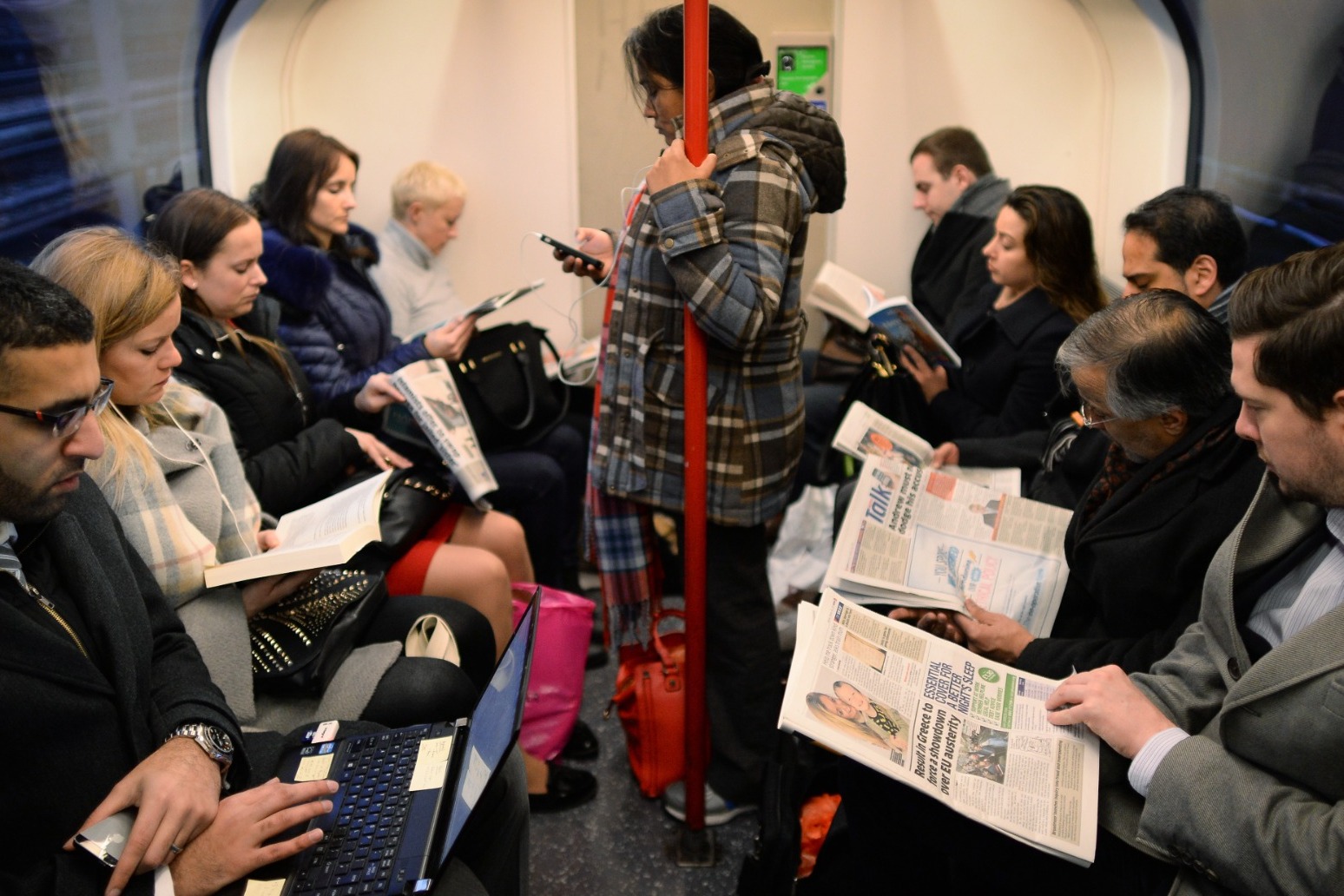Listeners:
Top listeners:
-
 play_arrow
play_arrow
WBPL – LIVE As Blackpool As You Are
 Adele - Easy On Me
Wow I love this song! Thank you for your amazing music!
Aria R.
Adele - Easy On Me
Wow I love this song! Thank you for your amazing music!
Aria R.
 Deep Purple - Smoke On the Water
Shoutout to the rainbow in my life, Gina!
Orion S.
Deep Purple - Smoke On the Water
Shoutout to the rainbow in my life, Gina!
Orion S.
 Luna Park - Space Melody (Radio Version)
Calling my cosmic companion, Jane! Hit play and let's embark on a musical space journey.
Luna Park - Space Melody (Radio Version)
Calling my cosmic companion, Jane! Hit play and let's embark on a musical space journey.

-3f3600.jpg)
Night work has become increasingly common among certain groups of workers and is pushing some to dangerous health conditions, according to new research.
The Rail, Maritime and Transport union (RMT) said working night shifts was affecting the long-term health of workers in the railway industry and putting intense pressure on family relationships.
The TUC published new analysis that showed that the number of Black and ethnic minority (BME) workers regularly doing night shifts has increased, while the number of white workers doing night work has fallen.
The union organisation’s analysis showed that 360,000 more BME staff are working through the night compared to 2014.
The number of white workers regularly doing night shifts has fallen by more than 570,000.
One in six BME workers now do regular night work compared to one in 11 white workers, said the TUC.
Other groups for whom night work has become more common since 2014 include young workers (aged 16-24) and over 55s.
TUC general secretary Paul Nowak said: “Too many night workers are on insecure contracts that can often lead to exploitation, excessive fatigue and a breakdown of personal relationships.
“It is no coincidence that the burden of nightwork now disproportionally falls on Black and ethnic minority workers. This is the result of persistent structural inequalities in our labour market.
“The government’s landmark Employment Rights Bill will bring real benefits and protections for night workers – including a ban on exploitative zero-hours contracts and compensation for cancelled shifts.
“Further, the Bill will ensure that workers have a stronger voice in the workplace – which can include proper consultation of workers around shift patterns they are expected to take on.”
Sian Moore, professor of work and employment at Anglia Ruskin University, who helped with the research, said: “Scientific research shows that night work has significant impacts on workers’ physical and mental health.
“Our interviews with night workers show that they are sleep deprived and permanently fatigued, with insufficient time for recovery between shifts and recovery eating into workers’ own time.
“Women worked nights to enable them to take and collect children to and from school and in order to avoid childcare costs. There were reports of parents swapping children in car parks between their shifts.
The RMT said its research suggested that fatigue from back-to-back night shifts leaves many workers unable to recover properly before their next shift, with this recovery time going unpaid and eating into personal time.
RMT general secretary Mick Lynch said: “This report exposes the harsh truth about night work on the railways. Our members are suffering serious health issues and struggling to maintain a work-life balance.
“Chronic fatigue is a reality for many, and the industry’s failure to manage fatigue puts workers at risk. The rail sector needs to step up and take immediate action to support night workers and protect their well-being.”
Published: by Radio NewsHub
Written by: admin
-
Recent Posts
- Kate Forbes Says Independence For Scotland Is An Economic Necessity
- Prince Harry Returning To The UK For Charity Visits With Donation To Children In Need
- Harry Returning To The UK For Charity Visits With Donation To Children In Need
- Insecure Work Holding Back Economy
- Joel Dommett Hails Huge Shows In Running For National Television Awards
Chart
-

1
Jonas Blue, Liam Payne And Lennon Stella
Polaroid
-

2
Tanja Thomas
One Way Ticket (To The Blues)
-
3
The Monkees, 01.01
I'm A Believer
-
Top popular

Difficult day as last blast furnace shuts down at Port Talbot steelworks

UK Government charters flight for Britons in Lebanon

Downton Abbey creator Julian Fellowes Dame Maggie Smith was blessing in my life

Household energy bills to rise for winter as Ofgem lifts price cap

Ringleader of plot to smuggle 76m of cocaine into UK hidden in bananas jailed

WHO WE ARE
We are bringing the fun back to the seaside city, and we live and love EVERYTHING Blackpool!
CONTACT
- info@wbplradio.com
Copyright The Mediasite UK - 2024.



